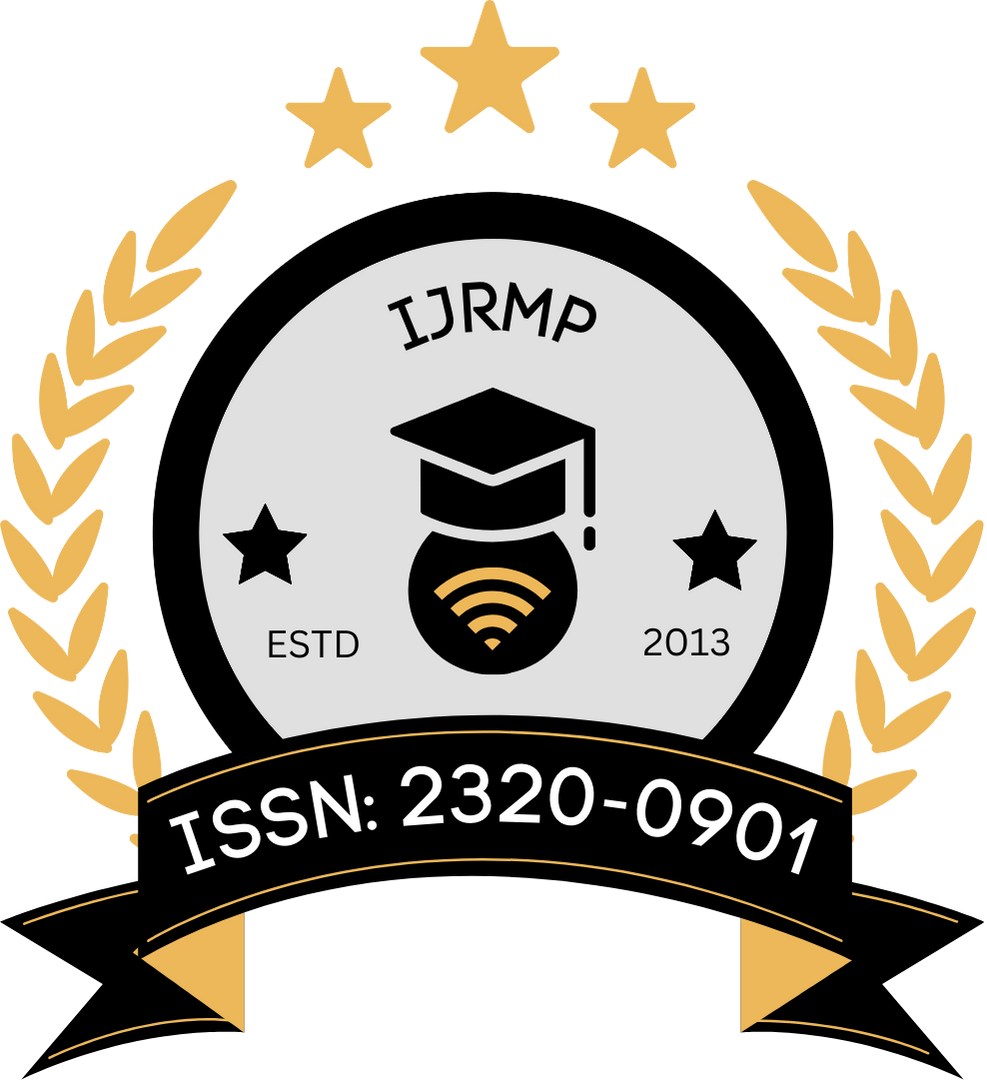![]()
DOI: https://doi.org/10.63345/ijrmp.v8.i10.1
Mohini Dubey
Independent Researcher
Delhi, India
Abstract
The increasing incidence of counterfeit drugs in India has raised significant public health and economic concerns, prompting urgent reforms in the pharmaceutical supply chain. Despite existing regulatory frameworks, inefficiencies in traceability, fragmented data systems, and limited transparency continue to hinder efforts to authenticate drug provenance. This study proposes a blockchain-based framework to enhance end-to-end visibility, tamper-proof record-keeping, and real-time traceability in India’s pharmaceutical supply chains. By leveraging decentralized ledger technology (DLT), stakeholders—including manufacturers, distributors, pharmacies, and regulators—can collaboratively validate and track the journey of pharmaceuticals from production to point-of-sale. The paper reviews global use cases, maps current pain points in India’s system, and outlines a permissioned blockchain prototype based on Hyperledger Fabric. The proposed model promises to improve regulatory oversight, ensure authenticity, and combat counterfeiting by creating a single source of immutable truth. The framework aims to foster a reliable ecosystem that can scale with policy mandates, regulatory support, and technological readiness, ultimately safeguarding public health.
Keywords
Blockchain, Pharmaceutical Supply Chain, Traceability, Counterfeit Prevention, Drug Authentication, Hyperledger, India
References
- Vruddhula, S. (2018). Application of on-dose identification and blockchain to prevent drug counterfeiting. Pathogens and Global Health, 112(4), 161. https://doi.org/10.1080/20477724.2018.1503268 ncbi.nlm.nih.gov
- Tseng, J.-H., Liao, Y.-C., Chong, B., & Liao, S.-W. (2018). Governance on the drug supply chain via Gcoin blockchain. International Journal of Environmental Research and Public Health, 15(6), 1055. https://doi.org/10.3390/ijerph15061055 ncbi.nlm.nih.gov
- Mackey, T. K., & Nayyar, G. (2017). A review of existing and emerging digital technologies to combat the global trade in fake medicines. Expert Opinion on Drug Safety, 16(5), 587–602. https://doi.org/10.1080/14740338.2017.1313227 ncbi.nlm.nih.gov
- Bocek, T., Rodrigues, B. B., Strasser, T., & Stiller, B. (2017). Blockchains everywhere – a use-case of blockchains in the pharma supply-chain. In 2017 IFIP/IEEE Symposium on Integrated Network and Service Management (IM2017) (pp. 772–777). IEEE. ifip.org
- Khezr, S., Moniruzzaman, M., Yassine, A., & Benlamri, R. (2019). Blockchain technology in healthcare: A comprehensive review and directions for future research. Applied Sciences, 9(9), 1736. https://doi.org/10.3390/app9091736 com
- Saberi, S., Kouhizadeh, M., Sarkis, J., & Shen, L. (2019). Blockchain technology and its relationships to sustainable supply chain management. International Journal of Production Research, 57(7), 2117–2135. https://doi.org/10.1080/00207543.2018.1533261 com
- McGhin, T., Choo, K.-K. R., Liu, C. Z., & He, D. (2019). Blockchain in healthcare applications: Research challenges and opportunities. Journal of Network and Computer Applications, 135, 62–75. https://doi.org/10.1016/j.jnca.2019.02.027 com
- Katuwal, G. J., Pandey, S., Hennessey, M., & Lamichhane, B. (2018). Applications of blockchain in healthcare: Current landscape & challenges (arXiv:1812.02776). org
- Chang, Y., Iakovou, E., & Shi, W. (2019). Blockchain in global supply chains and cross-border trade: A critical synthesis of the state-of-the-art, challenges and opportunities (arXiv:1901.02715). org
- Zhang, P., White, J., Schmidt, D. C., Lenz, G., & Rosenbloom, S. T. (2018). FHIRChain: Applying blockchain to securely and scalably share clinical data (arXiv:1807.03227).
